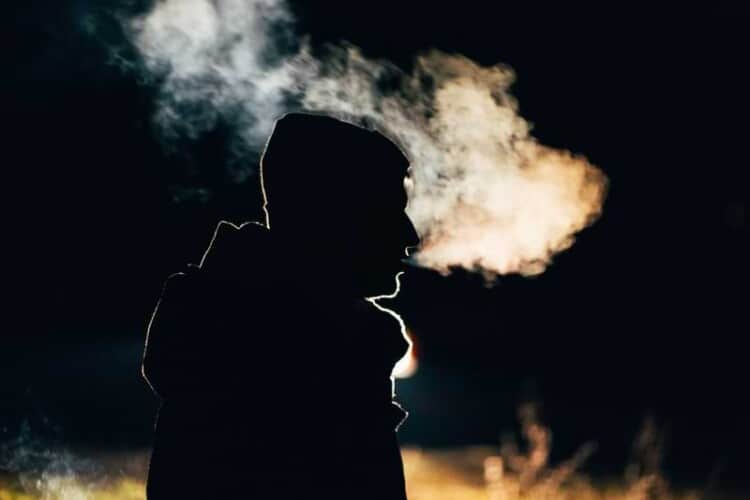The head of the UK’s electricity and gas system operator has outlined the “worst case scenario,” which could result in three-hour blackouts for UK households this winter.
National Grid CEO John Pettigrew said blackouts would have to be implemented in the “deepest darkest evenings” of January and February if electricity generators did not have enough gas to meet demand, especially if there was a cold spell.
Pettigrew made the dire prediction while speaking at the Financial Times’ Energy Transition Summit on Monday (17 October), though he remains confident that scheduled blackouts will not be required.
His remarks come after the National Grid warned earlier this month that planned blackouts could be imposed in some areas if gas supplies fall short of demand.
Why might there be blackouts in homes this winter?
Many European countries are facing gas shortages as a result of Russia’s war in Ukraine and sanctions on Russian gas imports.
Gas generates a large amount of electricity, putting strain on national electricity supplies as demand rises as the weather cools. The United Kingdom gets 40% of its electricity from gas-fired power plants, and gas heats the vast majority of homes.
The United Kingdom does not rely on imported Russian gas, but it does import electricity and gas from European countries that do, and this supply may be limited due to strained relations with the Kremlin.
Faced with a “challenging” winter due to Russia’s invasion of Ukraine, the National Grid Electricity System Operator (ESO) is preparing for what would happen if there were no imports of electricity from Europe.
To compensate for the loss of imports from France, Belgium, and the Netherlands, two gigatonnes of coal-fired power plants are ready to go if needed to meet demand.
The ESO has warned that planned three-hour outages in the UK may occur during the winter to prevent the grid from collapsing.
The planned blackouts are the most dire of three possible scenarios for how Britain’s electricity grid might cope with the worst global energy crisis in decades, according to the ESO.
In the other two scenarios, the operator hopes to mitigate the risk of blackouts by paying people to charge their electric cars during off-peak hours and firing up backup coal plants.
The lights will remain on this winter unless the gas-fired power plants that generated 43% of Britain’s electricity last year run out of gas.
In the National Grid ESO’s base case scenario for this winter, the margins between peak demand and power supply are expected to be sufficient and similar to recent years.
What time of day could blackouts be implemented?
If gas imports are reduced, Pettigrew has warned residents to expect blackouts between 4 p.m. and 7 p.m. on weekdays during “really, really cold” days in January and February.
“In the context of the terrible things that are going on in Ukraine and the consequences of that, [it was] right that we set out what some of the potential risks could be,” said National Grid’s CEO.
It is the first time since the ESO’s initial warning that there has been explicit discussion of what time blackouts may occur.
Any plans for scheduled power outages must be approved by the government and King Charles before they can be implemented.
Are there any plans in the works to help prevent blackouts?
The National Grid intends to launch a demand flexibility service next month that will provide financial incentives for shifting energy usage to off-peak hours.
It means that people could be compensated for running their washing machines at night or charging their electric cars during peak demand periods.
According to the Mail Online, the money-back service will be implemented by energy suppliers and monitored using a smart metre, with a minimum reward of £10 per day issued to households who prioritise off-peak electricity usage.
The voluntary scheme will run from November to March. Without it, cold and still days could result in high demand and low wind power levels, necessitating the need to interrupt supply to some customers for brief periods, according to National Grid ESO’s winter outlook.





